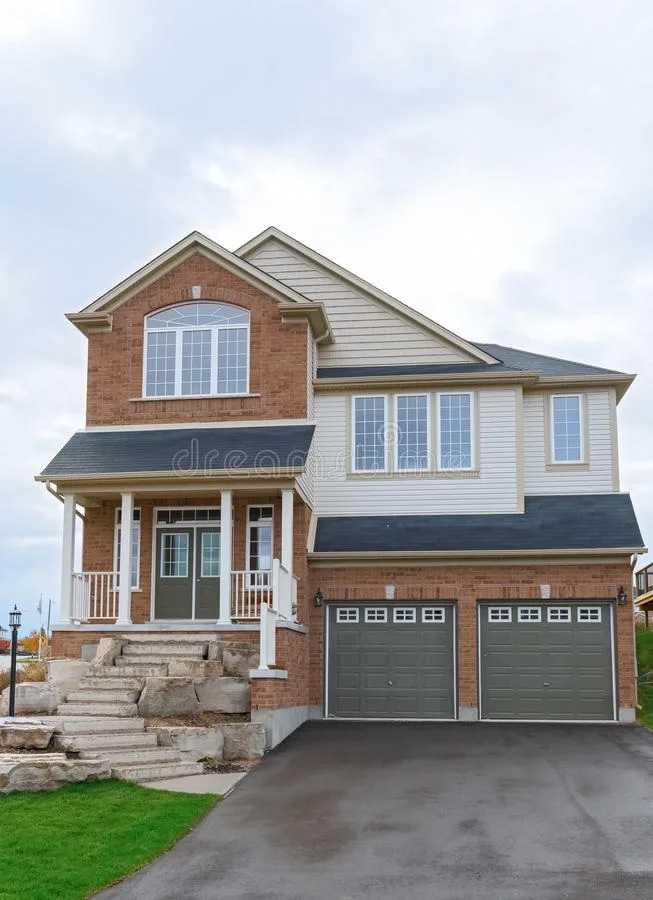

Affluent parents who send their children to Canada on study visas also invest money received through the hawala system in the name of their studying children
Chandigarh: Punjabis with big money will no longer be able to buy houses in Canada at least for the next two years. The Justin Trudeau government has banned foreigners from purchasing houses in Canada as the price of residential properties has shot up in the country with huge money from overseas buyers pouring in.
According to sources, a lot of money has been flowing into Canada for the purchase of homes from Punjab through the illegal hawala route as well that is being used by corrupt officials and politicians to invest their money.
Those who are permanent residents (PRs) or citizens of Canada will be allowed to buy houses. The investment visas will also exclude investments in the housing sector. But those wanting to purchase land for agricultural purposes will face no restrictions.
From January 1, 2023, foreign commercial enterprises and people have been prohibited to purchase residential properties in Canada for two years. The decision is aimed to cool down prices in Canada’s housing market which has risen to unprecedented highs over the past 3 years.
The Housing Minister, Ahmed Hussein said, “the legislation ensures that housing is owned by Canadians only. The benefits will flow to everyone who lives in Canada.”
If a non-Canadian buys residential property in contravention of the new law, he will be liable to pay a fine of $10000 (Rs 6 Lakh approximately).
According to a Canadian government survey, 15 to 20 percent of the owners of houses in the country are non-occupants who have invested to earn rent.
Journalist J.P. Pandher working for Omni TV in Toronto, explains that rich Punjabis, especially politicians, bureaucrats, and police officers, bought palatial houses by sending money through the hawala system. They come to Canada on a visitor’s visa, select and buy residential property, and get it registered in their names. Before flying back to India, they lease out the property through their relatives or real estate agents to earn handsome rents.
Usually, a caretaker is appointed, who charges a 10 percent commission from the total rent generated. He is also made responsible for the upkeep of the building. The rent is deposited in Canadian banks that can be transferred to India through legal channels.
Affluent parents who send their children to Canada on study visas also invest money received through the hawala system in the name of their studying children. Even those on work permits were earlier allowed to invest in the housing sector in Canada.
Also Read: Ex-IAS officer questions Punjab Vigilance Bureau mandate to quiz him in Rs1,000 crore scam
Heavy rain lashed many districts of Kerala on Friday, disrupting normal life and causing waterlogging.…
Foreign Secretary Vikram Misri met US Under Secretary of Defence Elbridge Colby along with Indian…
India is emerging as a strong growth market for steel, standing out as the only…
External Affairs Ministry Spokesperson Randhir Jaiswal on Thursday has reiterated India's stance on bilateral discussions…
India implemented a new visa module for Afghan nationals on April 29, Ministry of External…
India is in touch with Iranian authorities for locating three Indian nationals who went missing…